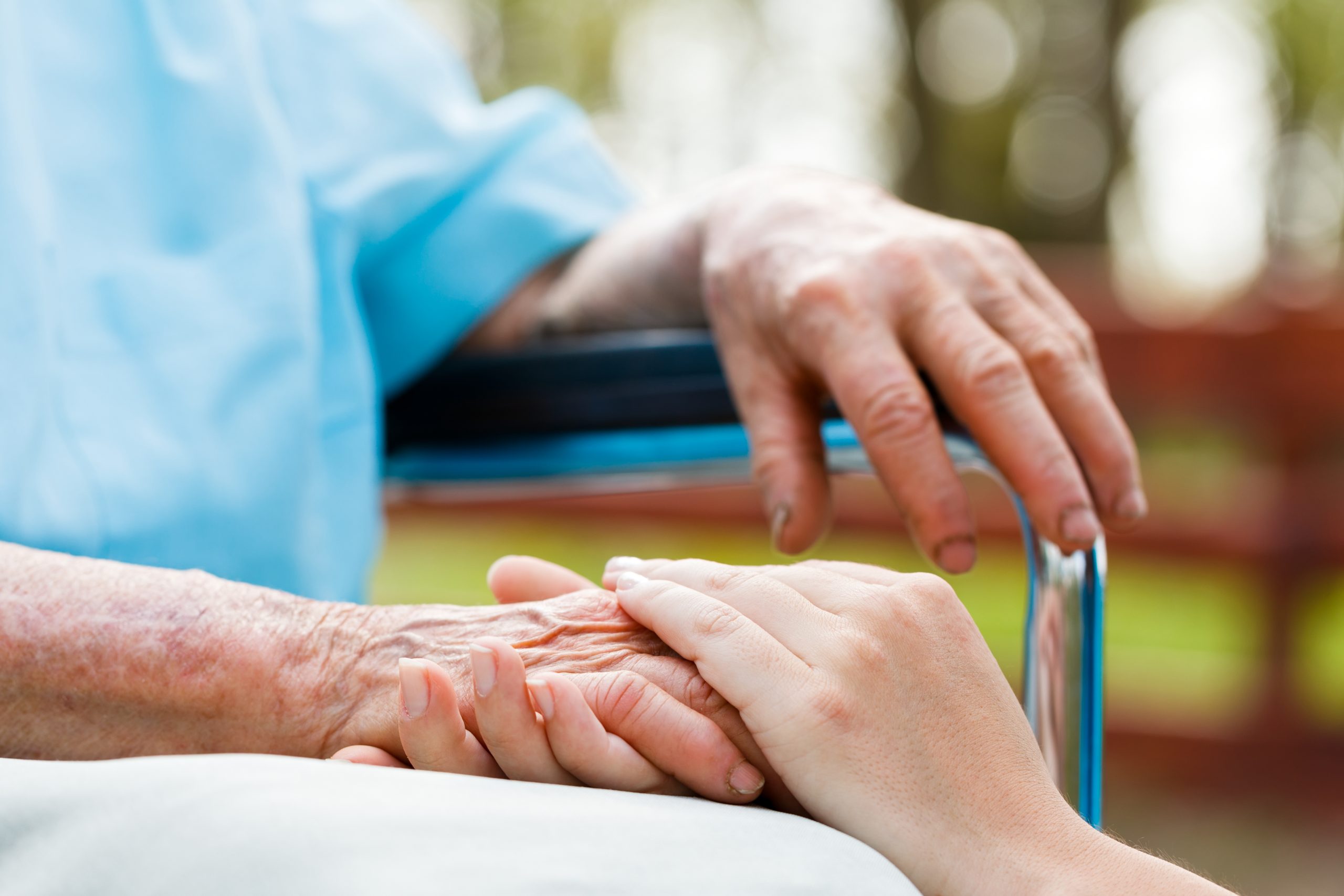Homefront Insights
- View Insights
Medicare Advantage Expansion Foreshadows Growth of Home-Based Palliative Care Population Health Solutions
February 7, 2019As the nation’s senior population booms, and more of them turn to Medicare Advantage (MA) plans for coverage, expect growing…
- View Insights
Why Health Plans Should Focus on Post-Acute Care
February 5, 2019The costs of post-acute care have been rising faster on average than those of all other sectors of the healthcare…
- View Insights
Non-Verbal Communication in a Post-Acute Care Environment
January 4, 2019When it comes to healthcare, proper attunement to and interpretation of patients’ non-verbal communication is particularly important.
- View Insights
Social Determinants of Health: Critical for Improving Patient Care, Quality of Life
January 3, 2019The traditional one-size-fits-all benefits strategy is facing a new era of complexity with 2018 finalized guidance and policies from the…
- View Insights
LTC Interventions Help Improve Quality of Life
January 2, 2019Loneliness and social isolation, the complete or near-complete lack of contact between an individual and society, can be acutely troublesome…
- View Insights
Coverage of Social Determinants of Health Have Implications for SNFs
November 26, 2018Health disparities and complex social determinants of health (SDoH) have historically compromised patient access to quality care. But policy changes…
- View Insights
Symbiosis of Specialized Population Health and Systemized Palliative Care
November 16, 2018One of the most notable synergies in this current healthcare environment is the growing complement between two disciplines: population health,…


